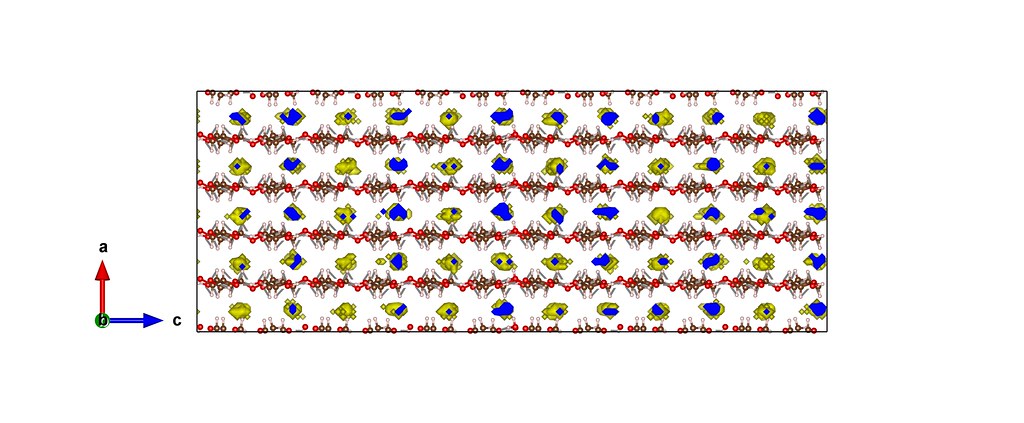Megan is a second year PhD student in the Centre for Sustainable Chemical Technologies which brings together engineers and scientists across the University to improve how sustainability is improved on a global level. Megan won the top prize at the High Performance Computing (HPC) Symposium in June 2018 for her talk on “Molecular Modelling of Hydrogen Storage in Cellulose.” This project used computational chemistry techniques using the Balena HPC system to model cellulose structures to determine if they could safely transport hydrogen. Since the symposium, Megan has moved on to look at the dissolution of cellulose with her lead supervisor Professor Steve Parker.
Megan's Current Work

The main issue motivating Megan’s work is the difficulty in dissolving the sustainable bio-polymer cellulose. As a result of the poor solubility of cellulose, polymers derived from cellulose are harder to scale-up, so unsustainable plastics continue to be used instead. The goal of Megan’s current research is to create computational models which can help explain the process of dissolving cellulose so that the process of using environmentally-friendly plastics is easier overall. It is a highly universal idea which Megan hopes will replace many unsustainable plastics that we use every day as well as in applications such as healthcare and in biofuels.
Role of HPC
Megan is in the initial stages of her PhD but the Balena HPC system has been a helpful tool to help her with initial model making development and simulations. Megan has used several HPC applications so far including VASP, GROMACS and DL_POLY to run quantum-mechanical molecular dynamic simulations. She hopes to start using the GPUs soon. Creating computational models to simulate physical experiments in the lab gives insight into systems which is not possible experimentally. HPC allows Megan to run larger and more intricate simulations, which increases the accuracy of the simulations and allows for greater comparison to experiment.
Final Thoughts
Megan would encourage students of all levels to use the HPC system as a transferable tool for a variety of departments. Megan would recommend the HPC Symposium as an interesting way to look at how other students are using HPC in their research and is hoping to also be involved this year.